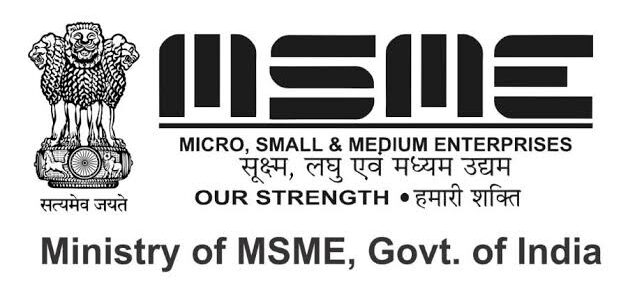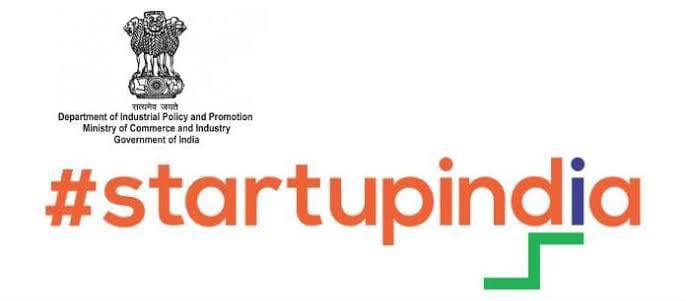Professional tax is a tax levied by state governments on individuals and entities engaged in professions, trades, or employments. Unlike income tax, which is imposed by the central government, professional tax is a state-level tax and varies across different states in India. This article provides a detailed overview of professional tax in India, including who is required to pay, applicable rates, and the states where it is enforced.
1. Overview of Professional Tax
Professional tax is intended to be a tax on the income earned from professions or employment. It is applicable to individuals and businesses who earn an income through their professional activities. The tax is collected by state governments and is used to fund local services and infrastructure.
2. Applicability of Professional Tax
a. Individuals
- Who Needs to Pay: Individuals engaged in professions such as doctors, lawyers, engineers, architects, and other professionals are liable to pay professional tax if their income exceeds a certain threshold.
- Employees: Salaried employees are also subject to professional tax, which is typically deducted by their employers from their salary.
b. Employers and Businesses
- Businesses: Companies, partnerships, and other entities employing individuals must pay professional tax for their employees based on their income levels.
- Professional Tax Registration: Employers need to register for professional tax and ensure compliance with state regulations.
3. Applicable Rates of Professional Tax
The rates of professional tax vary by state and are typically based on the income earned. States have different slab rates and thresholds, making it essential for individuals and businesses to understand the specific rates applicable in their state. Some states also have different rates for salaried employees and professionals.
- Low Income: Many states have a lower rate for those earning below a certain threshold.
- High Income: Higher rates are imposed on those earning above the threshold or in higher salary brackets.
4. States Where Professional Tax is Applicable
Professional tax is applicable in several states across India. Each state has its own rules and regulations, including registration procedures, payment deadlines, and tax rates. Here is a list of states where professional tax is levied:
- Andhra Pradesh: Professional tax is applicable, and the rates vary based on income slabs.
- Assam: Professional tax is enforced with different rates for individuals and businesses.
- Bihar: Professional tax is applicable with rates based on income levels.
- Chhattisgarh: Professional tax is levied, with specific rates and compliance requirements.
- Goa: Professional tax is applicable, and the rates differ based on income.
- Gujarat: Professional tax is imposed, with varying rates depending on income.
- Karnataka: Professional tax is applicable, with different rates for professionals and employees.
- Kerala: Professional tax is levied, and rates vary based on income brackets.
- Maharashtra: Professional tax is applicable with different rates for different income slabs.
- Manipur: Professional tax is enforced, and rates vary based on income.
- Meghalaya: Professional tax is applicable, with rates depending on income levels.
- Mizoram: Professional tax is levied, with specific rates for individuals and businesses.
- Nagaland: Professional tax is applicable with varying rates based on income.
- Odisha: Professional tax is imposed, with rates depending on income slabs.
- Puducherry: Professional tax is applicable with different rates for employees and professionals.
- Punjab: Professional tax is enforced, with varying rates based on income.
- Rajasthan: Professional tax is applicable with different rates for various income levels.
- Sikkim: Professional tax is levied with specific rates for individuals and businesses.
- Tamil Nadu: Professional tax is applicable with varying rates for professionals and employees.
- Tripura: Professional tax is enforced with different rates based on income.
- Uttar Pradesh: Professional tax is applicable, and rates differ by income brackets.
- West Bengal: Professional tax is levied with rates based on income levels.
5. Compliance and Payment Procedures
a. Registration
- For Individuals: Professionals must register for professional tax if their income exceeds the threshold set by the state.
- For Employers: Businesses must register and obtain a professional tax registration certificate for compliance.
b. Payment
- Method: Professional tax can be paid online or through designated banks as per state guidelines.
- Frequency: The payment frequency (monthly, quarterly, or annually) depends on the state regulations.
c. Filing Returns
- Filing Requirements: Businesses and professionals must file professional tax returns as per the state-specific requirements, usually on an annual or quarterly basis.
- Documents: The return filing process may require details of income, tax paid, and other relevant information.
6. Consequences of Non-Compliance
- Penalties: Failure to pay professional tax or non-compliance with registration and filing requirements can result in penalties and interest charges.
- Legal Action: Persistent non-compliance may lead to legal action or enforcement measures by state authorities.
Conclusion
Professional tax is a critical component of the tax landscape in India, with significant implications for individuals and businesses. Understanding the applicability, rates, and compliance requirements in your specific state is essential for legal and efficient tax management. Ensuring timely registration, payment, and filing of returns helps avoid penalties and maintain compliance with state regulations.
For expert assistance with professional tax compliance and other taxation matters, WynSwell offers specialized services tailored to meet your business needs. Our team ensures that you navigate the complexities of professional tax and other regulations efficiently. Contact us to ensure your business remains compliant with all statutory requirements.












